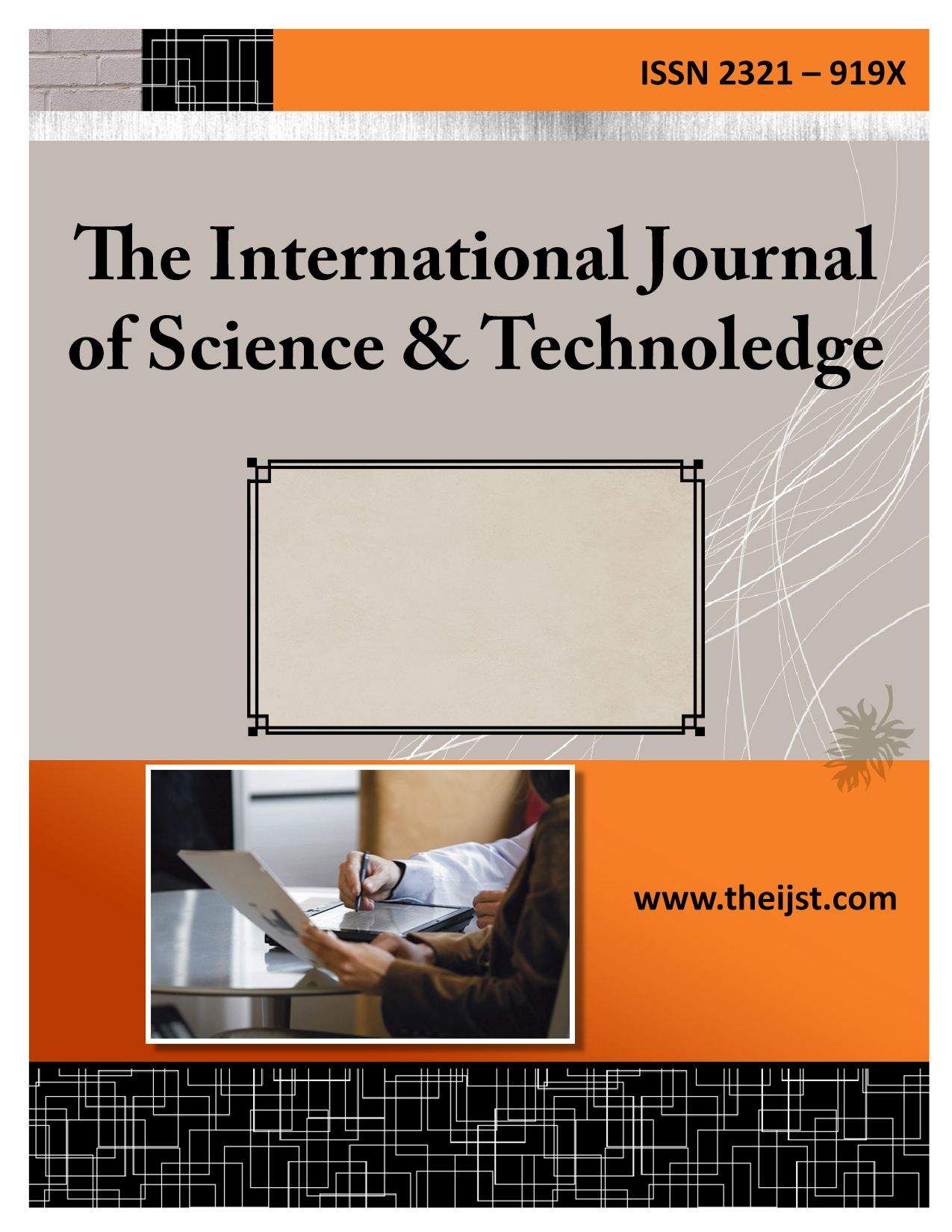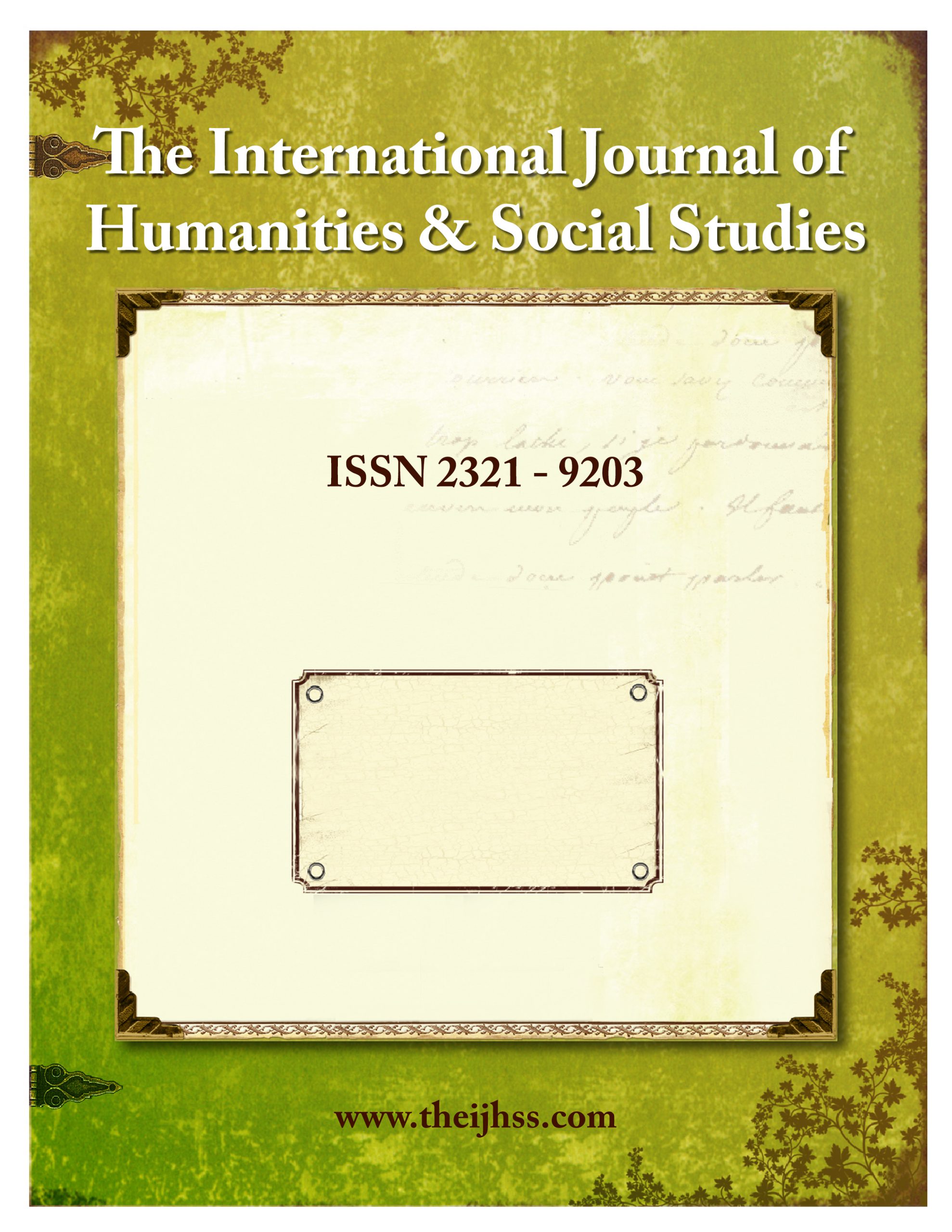In today’s data-driven world, where advancements in technology have revolutionized how research is conducted, the importance of research ethics has never been more significant. The vast amounts of data available, coupled with powerful analytical tools, offer unprecedented opportunities for discovery. However, they also present unique challenges and ethical dilemmas that researchers must navigate to ensure integrity and trustworthiness in their work.
The Foundation of Research Ethics
Research ethics refers to the principles and guidelines that govern how studies are conducted, ensuring that the pursuit of knowledge does not come at the expense of ethical considerations. This includes respecting the rights of participants, maintaining transparency, ensuring reproducibility, and preventing misuse of data. At the heart of ethical research is the commitment to uphold trust between researchers, participants, and the broader community.
Ethical Challenges in a Data-Driven World
The integration of big data, artificial intelligence, and machine learning into research practices has introduced a new layer of complexity to ethical considerations:
- Data Privacy and Confidentiality: With access to massive datasets, protecting the privacy of individuals whose information is used becomes critical. Researchers must anonymize data and comply with regulations like GDPR and HIPAA to safeguard participants’ identities.
- Bias in Data and Algorithms: Algorithms trained on biased datasets can perpetuate or even amplify inequalities. Ethical research demands that data sources are scrutinized, and efforts are made to minimize bias in analyses and outcomes.
- Transparency and Reproducibility: Sharing methodologies and datasets is essential to verify findings. However, balancing openness with protecting proprietary information or participant confidentiality can be challenging.
- Informed Consent in Digital Research: Obtaining informed consent becomes complicated when studies involve tracking digital footprints, social media activity, or public datasets where contributors may not have explicitly agreed to participate in research.
The Role of International Journals
International journals play a pivotal role in shaping the ethical standards of research globally. These publications often serve as gatekeepers, ensuring that submitted studies adhere to established ethical guidelines before they are disseminated to a broader audience. Peer reviewers and editors assess whether authors have demonstrated ethical considerations in their methodology, data handling, and analysis.
By publishing ethical guidelines, case studies, and editorials on emerging dilemmas, international journals also act as educational resources, helping researchers navigate complex ethical landscapes.
Best Practices for Upholding Research Ethics
- Develop Clear Ethical Protocols: Every research project should begin with a well-defined ethical framework that addresses potential challenges and outlines strategies for mitigating them.
- Engage Institutional Review Boards (IRBs): IRBs provide oversight to ensure studies meet ethical standards, particularly when human subjects are involved.
- Foster Collaboration Across Disciplines: Interdisciplinary collaboration can offer diverse perspectives, helping researchers identify and address ethical blind spots.
- Continuous Education: Ethical considerations evolve as technology and methodologies change. Researchers should stay informed through workshops, webinars, and articles published in leading international journals.
- Promote a Culture of Integrity: Organizations and institutions must create environments where ethical conduct is valued and supported, emphasizing accountability and transparency at all levels.
In a world where data drives progress, the responsibility to uphold research ethics lies with every stakeholder in the research ecosystem. By fostering a commitment to integrity, protecting the rights of participants, and addressing ethical challenges head-on, researchers can ensure their work contributes positively to society. International journals, with their global influence, remain invaluable allies in this mission, championing the principles of ethical research and fostering trust in scientific inquiry.
Ethical research is not merely a requirement—it is a commitment to the values that define us as a society. Let us embrace this responsibility with the diligence it deserves.










